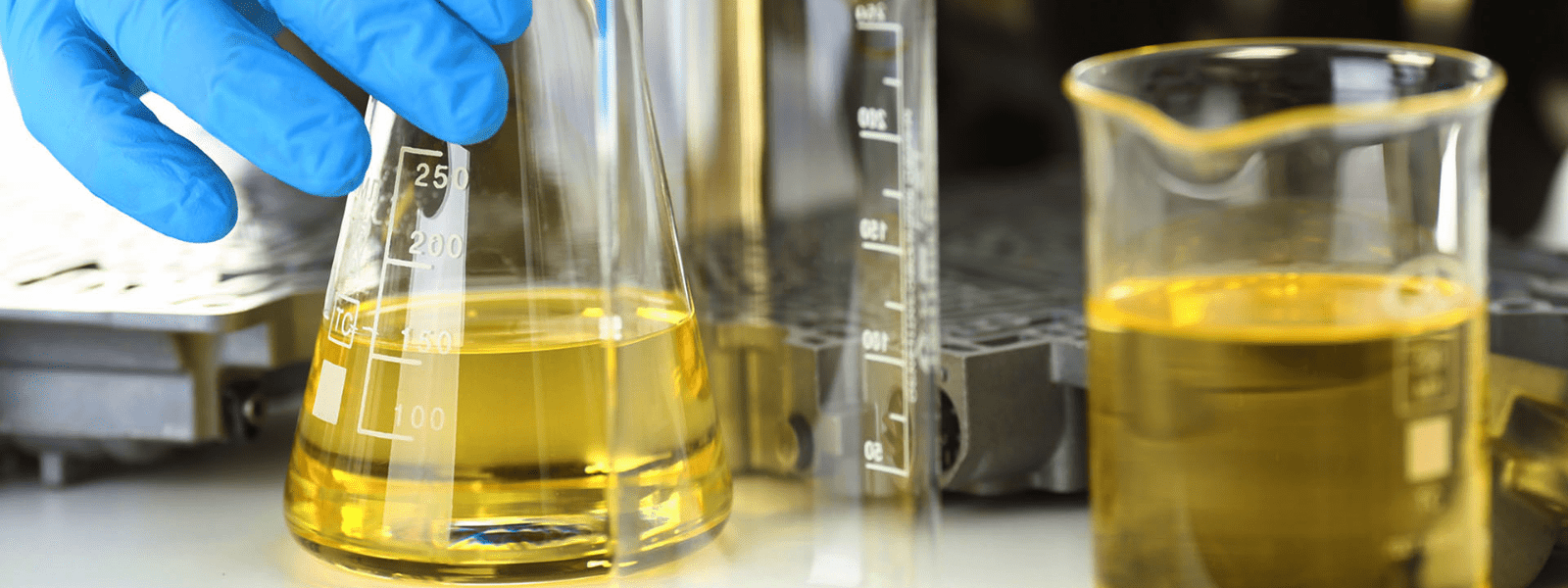Antaris Position Paper on HVO
Introduction
Addressing Climate Change: Local Solutions for a Global Challenge
Tackling climate change requires thoughtful, realistic solutions. While drop-in solutions for decarbonization like Hydrotreated Vegetable Oil (HVO) may seem appealing, Antaris advocates a more nuanced approach. Before relying heavily on HVO, it is essential to consider the complexities and limitations of its production, sourcing, and environmental impact.
This paper highlights the sustainability challenges of HVO, particularly when imported feedstocks like used cooking oil (UCO) are substituted with palm oil, which has hidden and severe ecological costs.
Discussion
The Benefits of Used Cooking Oil as a Biofuel
Using UCO as a feedstock for biofuels like HVO has genuine environmental benefits when sourced locally. UCO recycling prevents waste and can provide a renewable alternative to fossil fuels, especially in sectors difficult to electrify. However, while UCO can contribute to decarbonization, it is not scalable on a global level due to limited supply. Relying on imported UCO adds emissions and sustainability risks that need careful evaluation.
Is Shipping Used Cooking Oil for Fuel Truly Sustainable?
Shipping UCO from distant locations, such as China to Ireland, raises critical questions about the overall sustainability of HVO as a decarbonisation solution:
– **Scalability**: No.
– **Ethics**: Unclear.
– **Global Emission Reduction**: Unclear.
– **Local Emission Reduction**: Not significantly—carbon emissions are comparable to fossil fuels, with only slight improvements in air quality.
Such practices may even displace existing users of UCO, pushing them toward unsustainable alternatives like palm oil or fossil fuels. This redistribution of emissions can create an illusion of sustainability rather than genuinely reducing global emissions.
The Hidden Dangers of Land-Use Change with Palm Oil Substitution
A concerning issue arises when supposedly sustainable UCO is fraudulently replaced with palm oil in supply chains. When virgin palm oil substitutes UCO, significant environmental costs, such as deforestation and habitat loss, are often hidden. Palm oil production frequently involves clearing forests, resulting in substantial carbon emissions, biodiversity loss, and ecosystem disruption, which contradicts the core objectives of decarbonization.
Fraudulent practices can further lead to increased Indirect Land-Use Change (ILUC) emissions. Converting forests or peatlands into palm oil plantations releases stored carbon into the atmosphere, undermining HVO’s environmental claims. Without rigorous certification and oversight, the sustainability of HVO derived from UCO remains uncertain, as it could mask the true, harmful environmental footprint of palm oil-based biofuels.
Crucial Questions to Consider
Is HVO, especially when imported and possibly fraudulent, a responsible choice for reducing emissions? Would electrification provide a more sustainable pathway? Furthermore, does continued HVO use align with the ambitious 2050 decarbonisation pathways?
Given the finite supply of UCO and the risk of fraud, the EU has recognized the need for stricter verification protocols, including a biofuel database and enhanced oversight for certification bodies.
Industry Expert Perspectives and Governmental Action
With over 80% of its UCO imports coming from outside the EU (60% from China alone), Europe faces challenges in verifying the sustainability of this feedstock. Cian Delaney, a biofuels campaigner with Transport & Environment, states: ‘Europe is overly reliant on unverifiable UCO imports from distant countries like China. Anti-dumping tariffs are just a start; meaningful change demands a stricter certification overhaul to combat fraud. The EU needs to transition from industry-led verification to more stringent regulatory oversight.’
Ireland’s Minister for Transport, Eamon Ryan, has voiced concerns to the European Commission about potential fraud with palm oil derivatives, including palm oil mill effluent (POME). Along with Belgium, Germany, and the Netherlands, Ireland submitted a proposal in October 2024, calling on the EU to address these sustainability concerns.
The Challenges with HVO
While marketed as a renewable fuel, HVO has significant issues:
1. Risk of Falsified Certification: The complex supply chains of HVO feedstocks—such as UCO, animal fats, and potentially unsustainable sources like palm oil—enable some suppliers to mislabel feedstocks, undermining consumer trust.
2. Scalability Concerns:
– Limited Feedstock Availability: Waste oils and fats are finite, and rising demand could push the market toward unsustainable alternatives.
– Food Competition: Diverting resources to biofuel production may affect food supply, especially in vulnerable regions.
– High Production Costs: HVO production requires intensive energy and advanced processing, which hinders its cost-effectiveness at scale.
3. Local Greenhouse Gas (GHG) Emissions:
– Combustion Emissions: While touted as cleaner, HVO still emits GHGs like CO₂, NOx, and particulates.
– Indirect Emissions: Transportation and production raise the carbon footprint, particularly if fraudulent palm oil substitutions increase the carbon debt.
4. Market Uncertainty: Given the limited availability of sustainable UCO, sectors with higher decarbonization challenges, such as aviation, are likely to prioritize this resource. As the Sustainable Energy Authority of Ireland (SEAI) states, ‘The limited availability of local feedstock for HVO means it is unlikely to significantly bolster our energy security.'[4]
Conclusion
While HVO made from local, verified UCO can contribute to decarbonisation, relying on it as a primary solution is unwise. Significant issues such as fraud risk, limited feedstock, land-use change impacts, and local emissions challenge HVO’s role as a sustainable fuel. Rather than treating HVO as a silver bullet, we recommend a measured assessment of its role in the low-carbon transition, ensuring transparency and sustainability at every step.
Footnotes
[1]: European Court of Auditors. *Special Report No. 01/2019: Fighting fraud in EU spending: action needed*. Available at: https://op.europa.eu/webpub/eca/special-reports/fraud-1-2019/en/
[2]: *Transport & Environment*: ‘Europe’s dependence on unverifiable used cooking oil imports and fraud risks.’ Available at: https://www.transportenvironment.org
[3]: Minister for Transport Eamon Ryan and others’ information note to the European Commission, October 2024. *States ask EU to look into palm oil waste biofuels.* Available at: https://www.argusmedia.com
[4]: Sustainable Energy Authority of Ireland (SEAI): ‘HVO Can Be Part of Our Clean Future – But Is It a Silver Bullet?’ Available at: https://www.seai.ie/blog/hvo-can-be-part-of-our-cl








